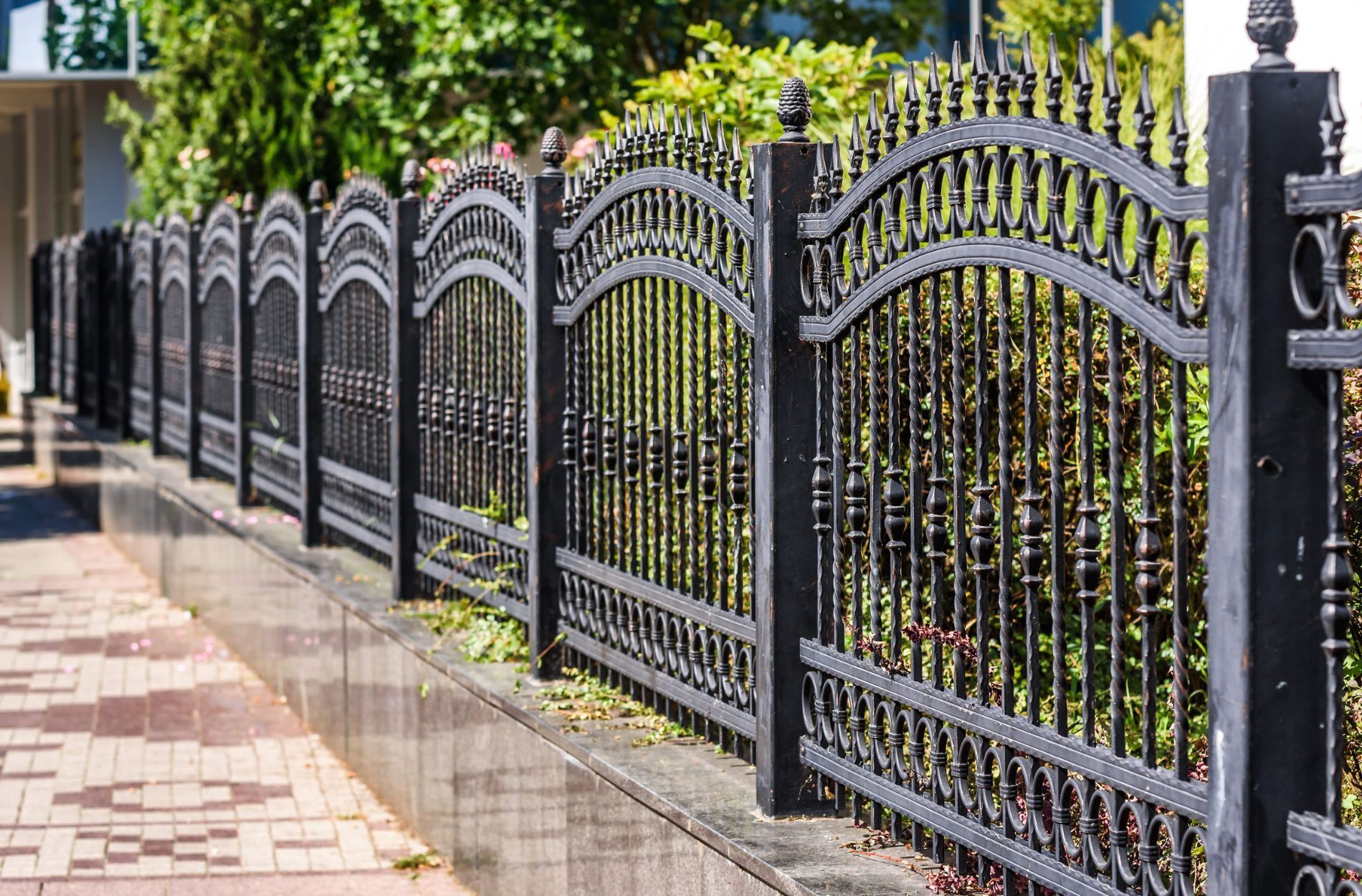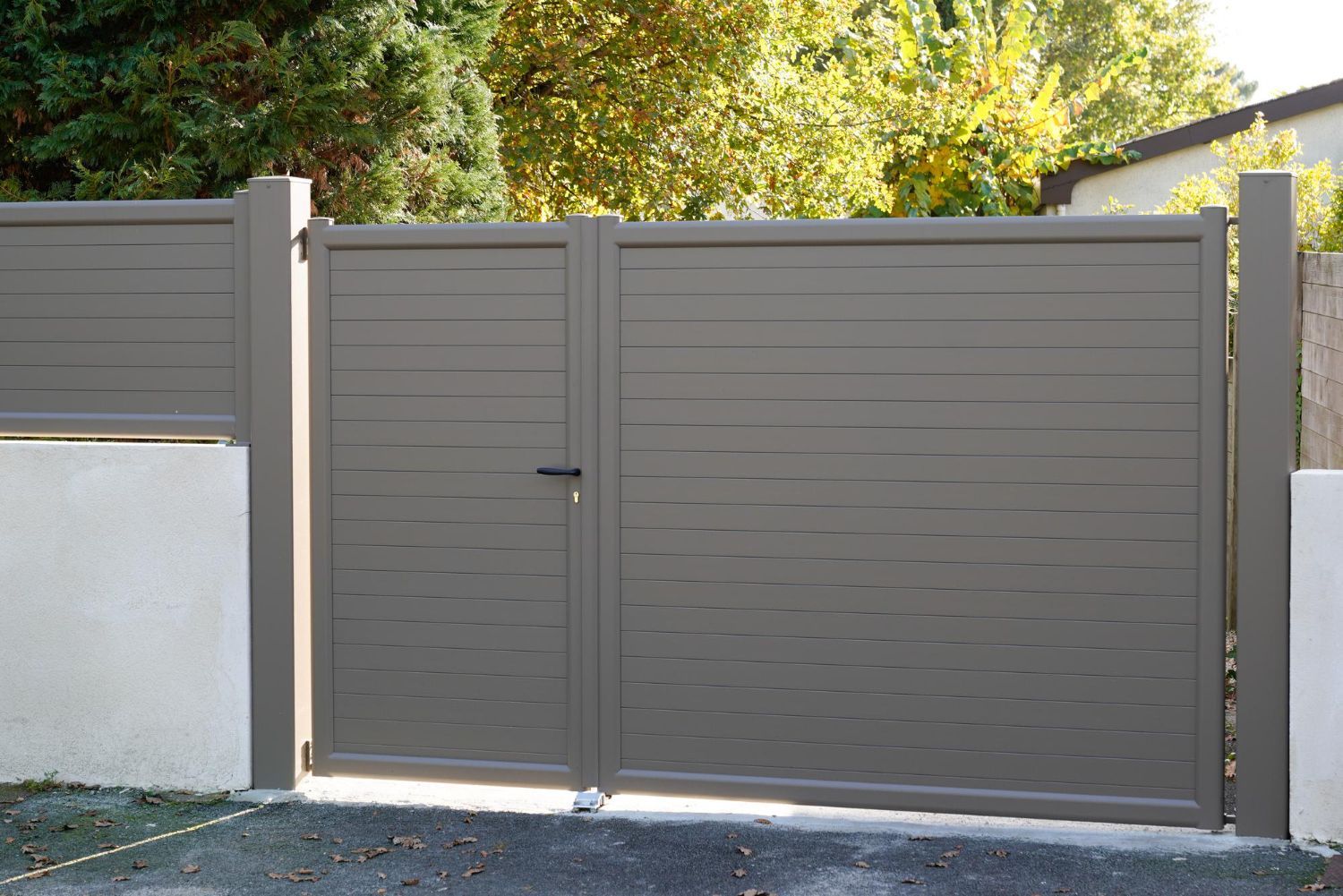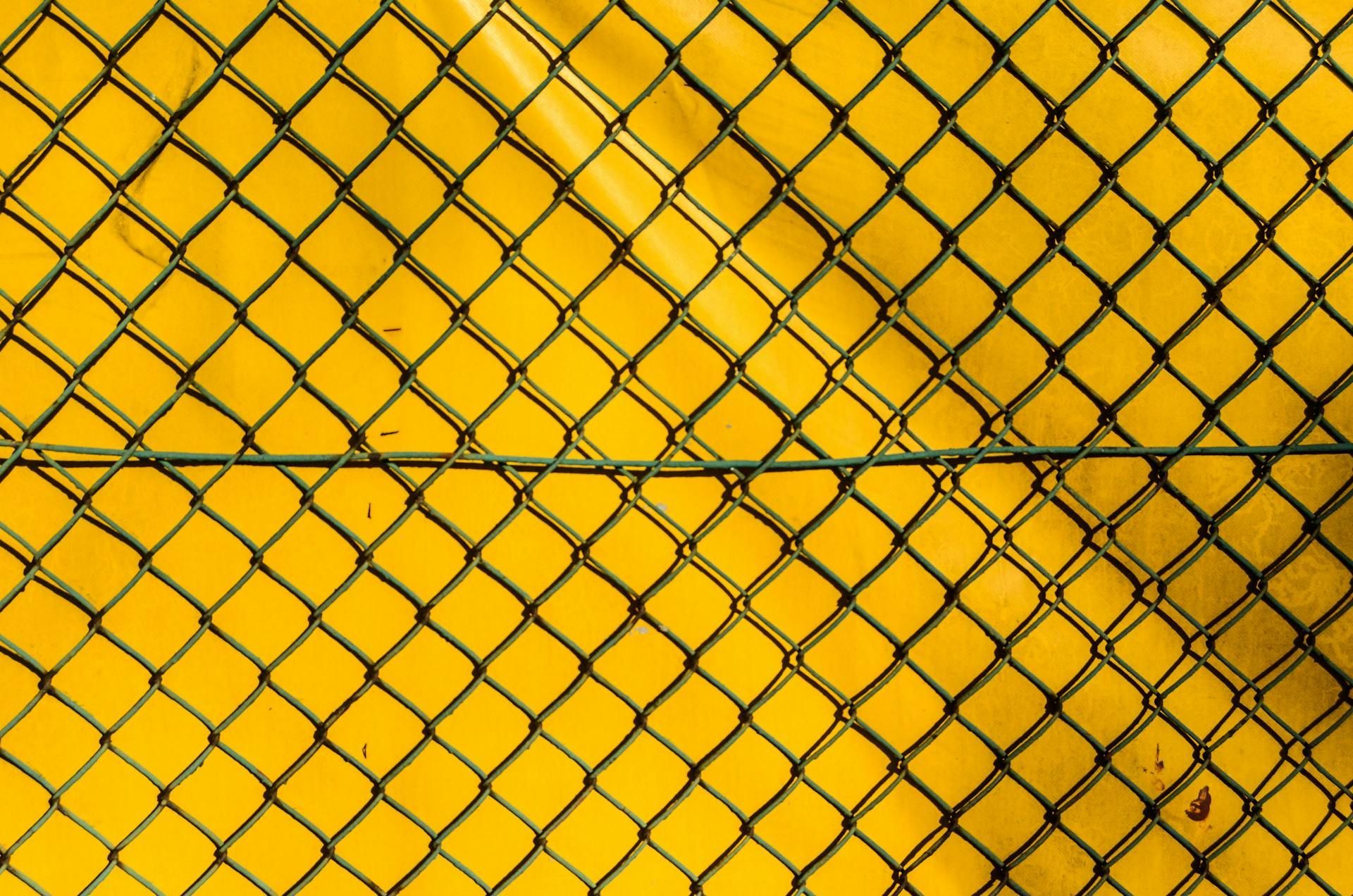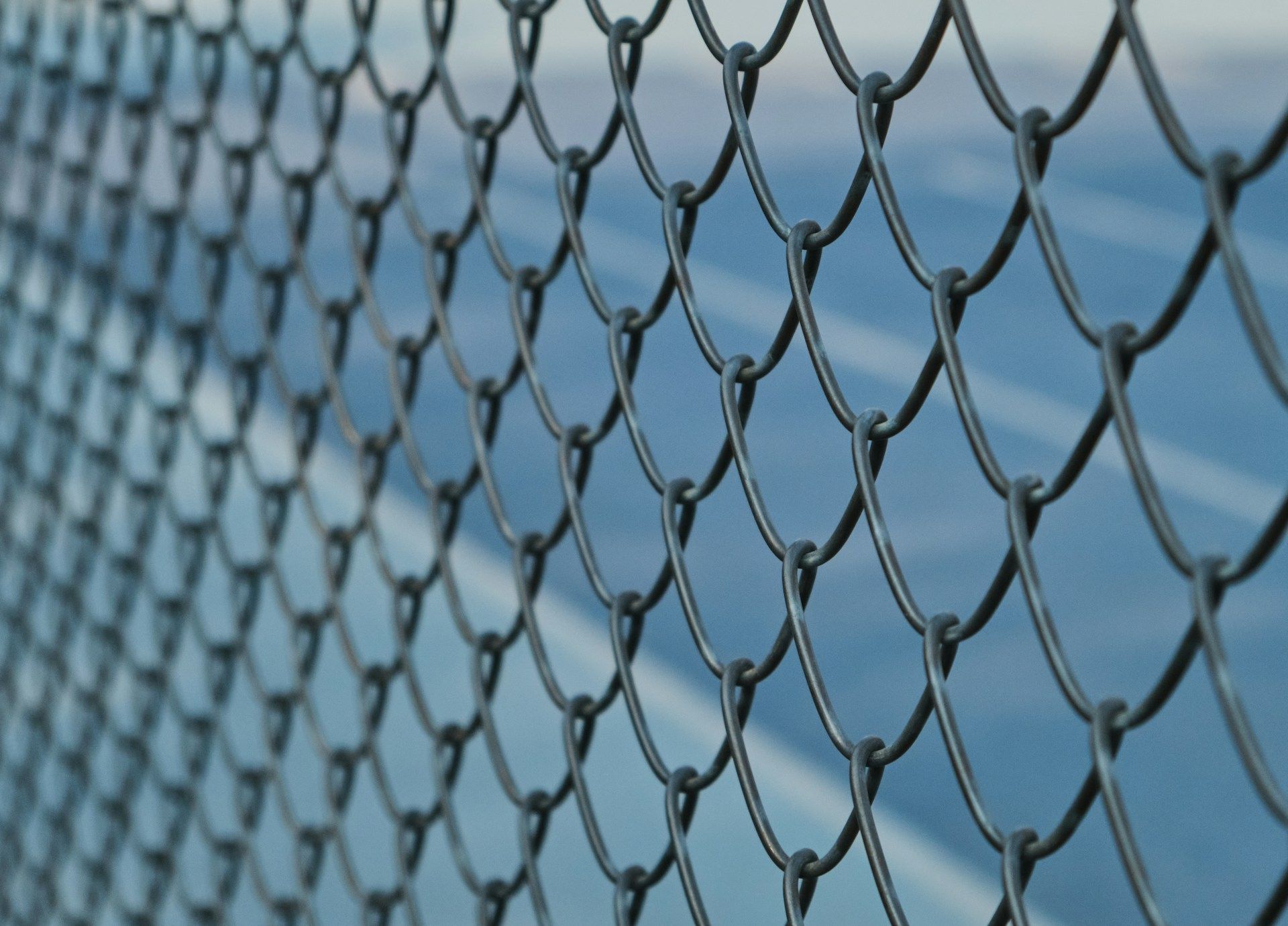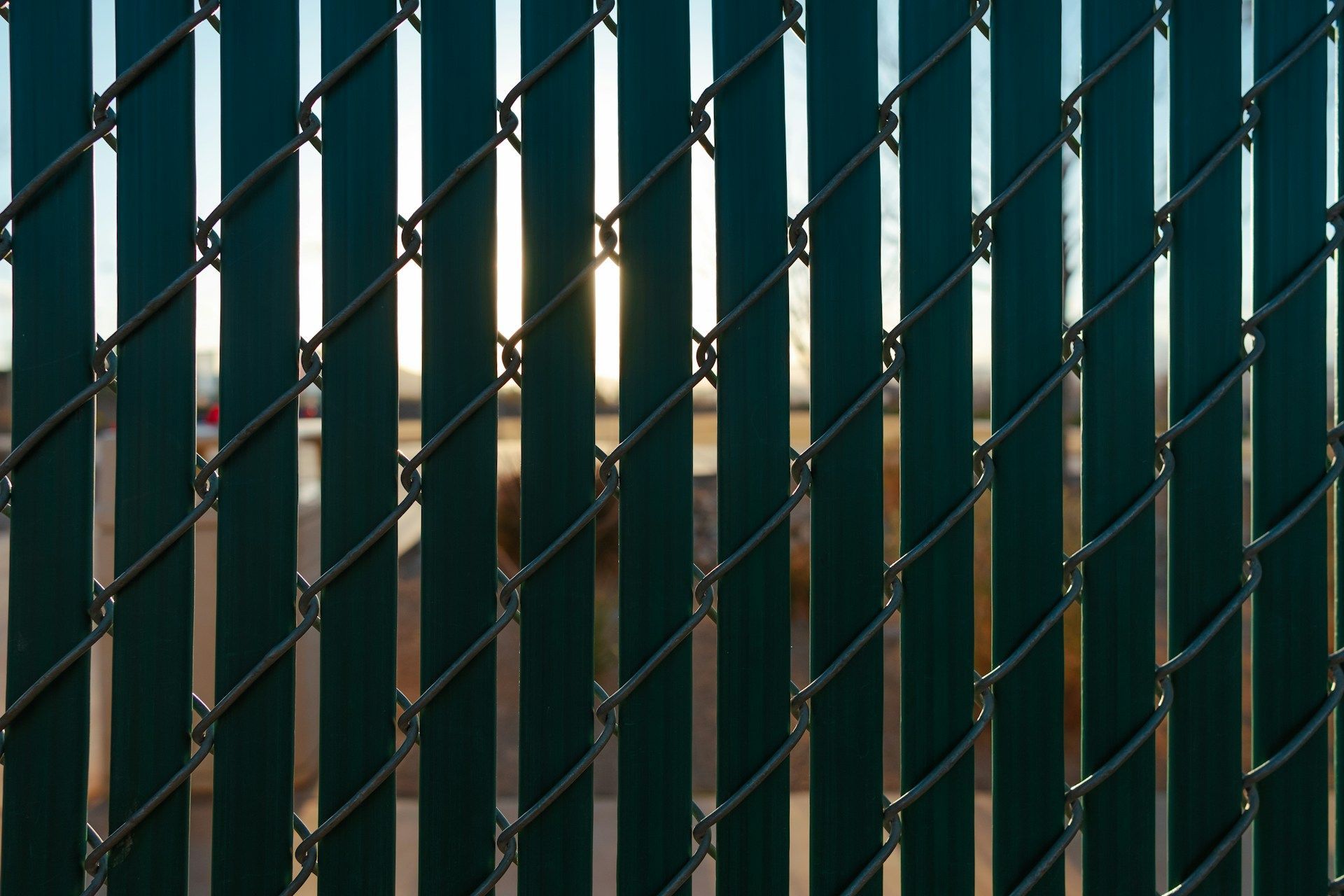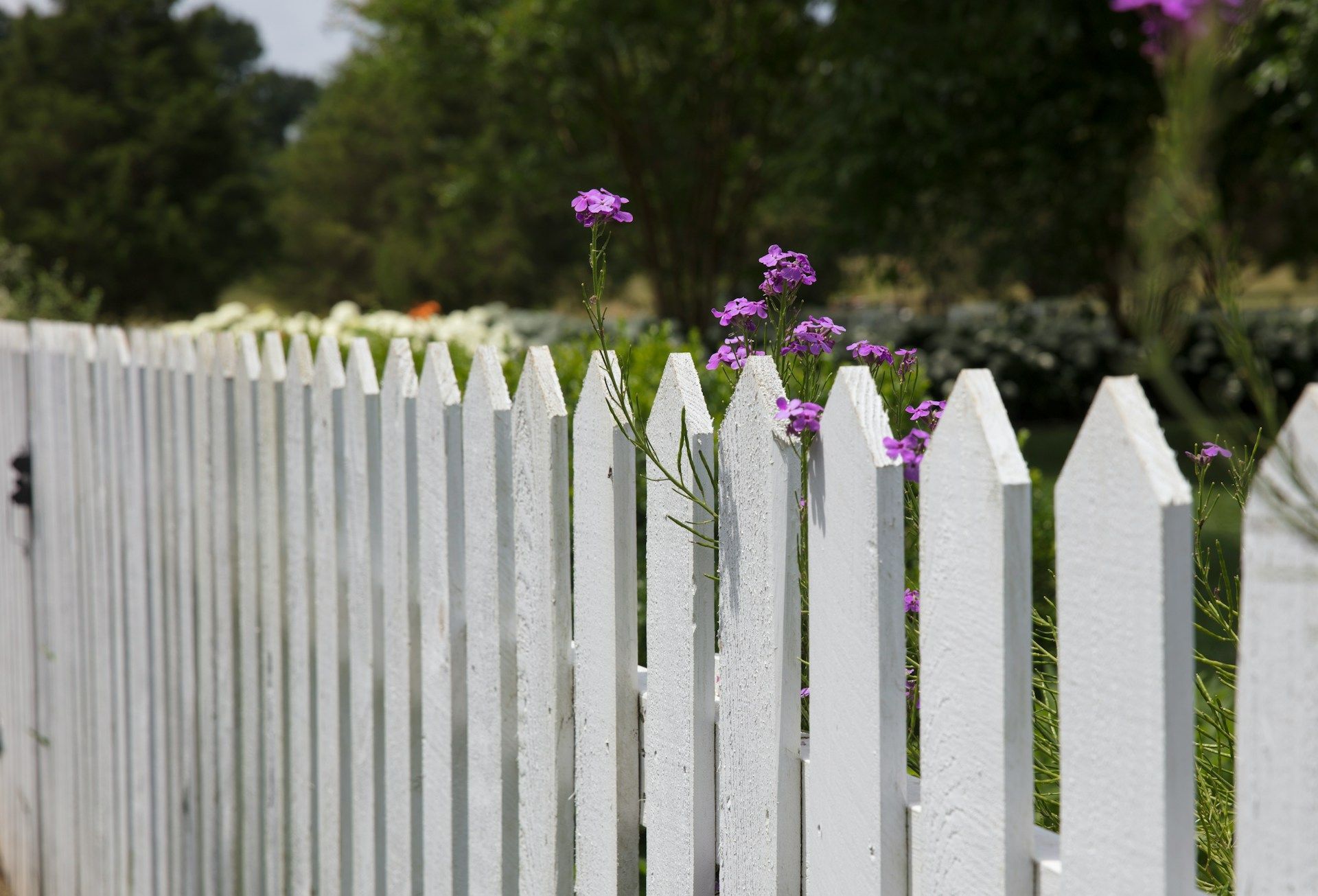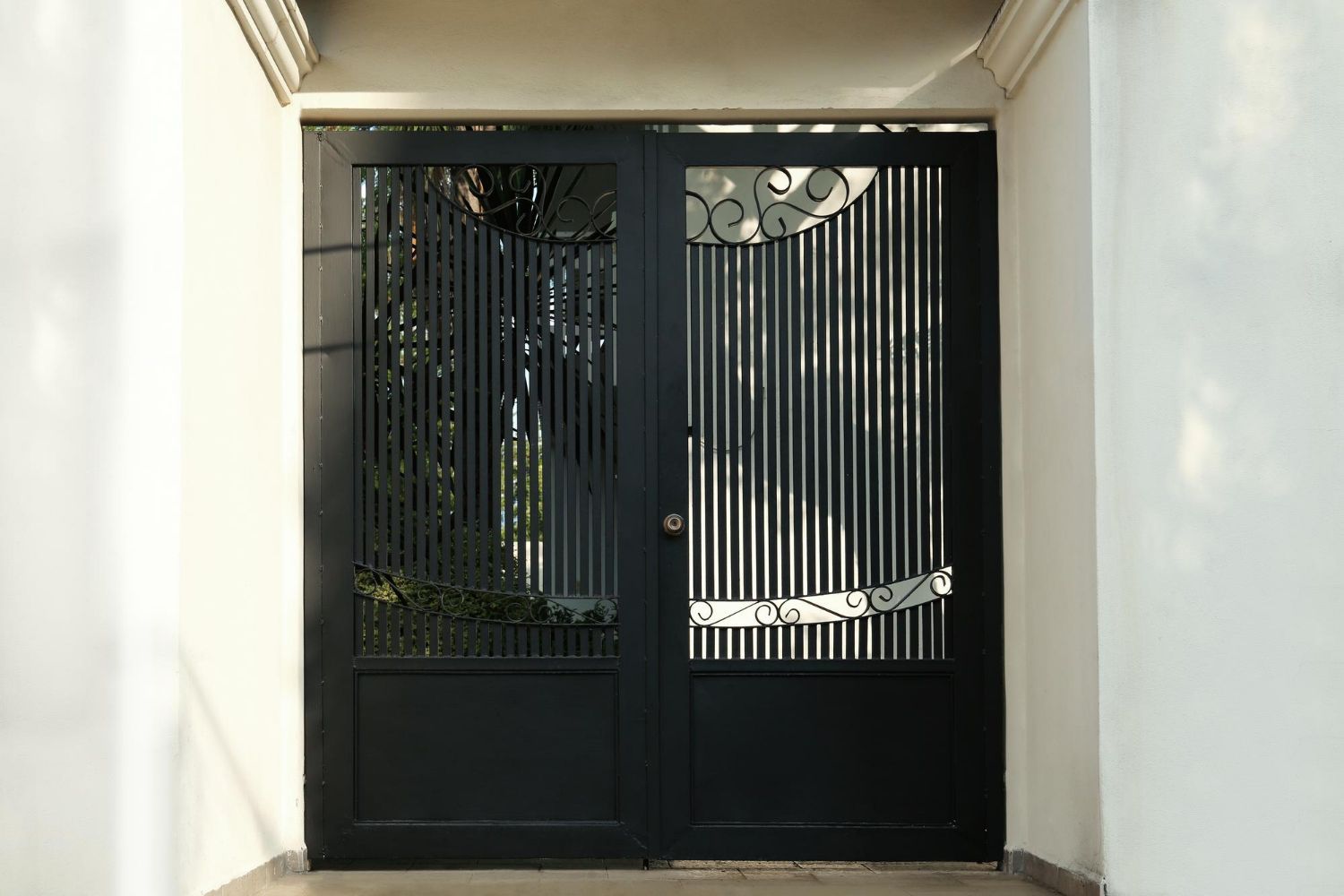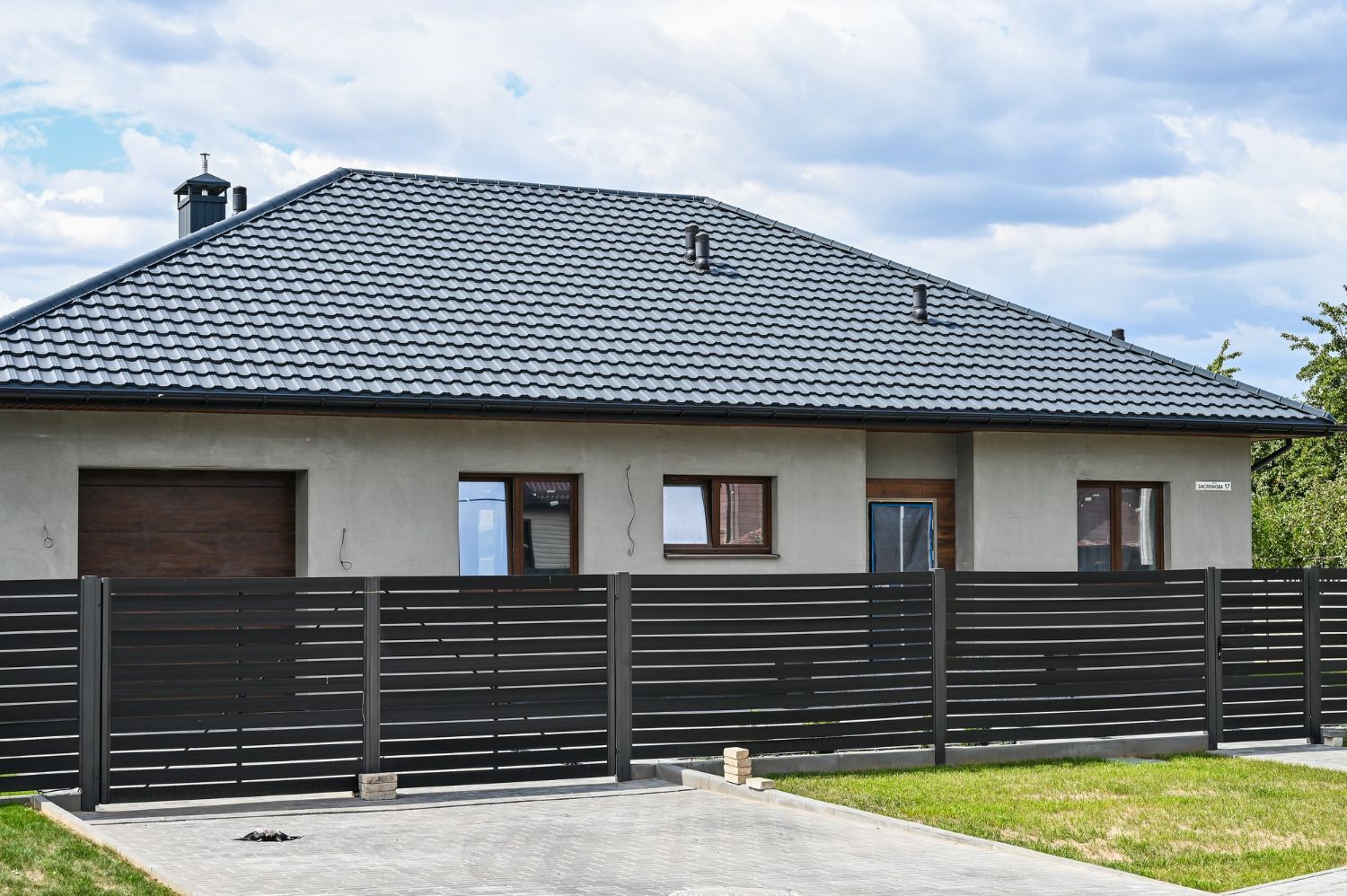Choosing the Right Farm and Livestock Fencing: Tips and Considerations
Farm and livestock fencing plays a critical role in the agricultural industry by protecting valuable assets, ensuring animal safety, and efficiently managing farm operations. As a farm owner or manager, choosing the best fencing solution for your unique needs is paramount to maintaining productivity and the well-being of your livestock.
With a multitude of fencing types and materials available, it can be challenging to determine the optimal solution tailored to your specific farming requirements.
This comprehensive guide will delve into the world of farm and livestock fencing, offering expert insights on different fencing options, essential factors to consider before making a decision, and valuable tips on collaborating with an experienced fencing contractor for a seamless, high-quality installation.
Popular Farm and Livestock Fencing Options
Consider these popular farm and livestock fencing options, each with their unique benefits and drawbacks:
1. Barbed Wire Fencing: A traditional and cost-effective choice for containing cattle and other large livestock, barbed wire fencing features strands of wire with sharp barbs at regular intervals to deter animals from crossing. While effective for many applications, it may not be suitable for smaller or more sensitive animals.
2. Woven Wire Fencing: Also known as field fencing or livestock fencing, woven wire fences consist of horizontal and vertical wires connected to create a secure and versatile enclosure. Suitable for a wide range of livestock, woven wire can be combined with an electrified top wire for added security.
3. High-Tensile Wire Fencing: Ideal for large properties, high-tensile wire fencing offers a durable and low-maintenance solution for containing livestock. Constructed using strong, galvanized wires, this fencing option withstands harsh weather conditions and requires less frequent repairs.
4. Electric Fencing: Effective for nearly all types of livestock, electric fencing delivers a mild electric shock when an animal comes into contact with the wires. This discourages animals from crossing boundaries and is particularly useful for rotational grazing systems.
5. Portable Fencing: Designed for flexibility, portable fencing allows for easy adjustments to grazing areas and can be expanded or reconfigured as needed. Commonly used in combination with electric fencing, portable solutions enable efficient rotational grazing practices.
Factors to Consider Before Selecting Farm and Livestock Fencing
Before choosing your farm and livestock fencing, weigh these essential considerations:
1. Livestock Types and Behavior: The species and size of your livestock play a significant role in determining the optimal fencing type. The fence should effectively contain your animals while ensuring their safety and well-being.
2. Property Size and Terrain: The size of your property and its geographical features, such as slopes, water sources, and tree lines, may impact the suitable fencing materials and design options.
3. Climate Conditions: Weather patterns and local climate conditions can affect the durability and maintenance requirements of your chosen fencing material. Consider the potential impact of rain, snow, wind, and temperature fluctuations on your fencing solution.
4. Budget and Maintenance Preferences: Weigh the initial costs, installation fees, and ongoing maintenance expenses for each fencing option. Consider the balance between upfront investments and long-term upkeep when making a decision.
Tips for Working with a Professional Fence Contractor
Maximize your investment and ensure a successful installation by partnering with an experienced fence contractor:
1. Choose a Reputable Contractor: Select a fencing contractor with a proven track record, such as California Commercial Fence, who specializes in farm and livestock fencing solutions.
2. Discuss Your Specific Needs: Share details about your livestock types, property size and features, climate conditions, and budget with your fencing contractor to help guide their recommendations.
3. Consider Customization Options: Explore various designs, materials, and technology options for a personalized fencing solution that meets your unique needs and preferences.
4. Plan for Future Expansion or Adjustments: Discuss potential future needs, such as adding new livestock or expanding grazing areas, with your contractor to ensure the selected fencing solution can accommodate modifications.
Long-Term Maintenance and Care for Your Fencing
Protect your investment and extend the lifespan of your farm and livestock fencing by following these maintenance tips:
1. Regular Inspection: Routinely check your fencing for signs of wear and tear, damage, or sagging wires. Address any issues promptly to maintain optimal performance.
2. Preventative Care: Familiarize yourself with common maintenance requirements for your specific fencing material and proactively address potential issues, such as tightening high-tensile wires or replacing damaged sections of woven wire.
3. Weather-Related Considerations: Evaluate the impact of weather on your fencing and implement appropriate measures to prevent damage, such as regular snow removal or installing windbreaks to protect your fence from strong winds.
4. Collaborate with Your Fencing Contractor: Maintain open communication with your contractor and seek their expertise in handling repairs, maintenance, or adjustments as needed.
Final Thoughts
Choosing the right farm and livestock fencing is essential to ensuring the safety and productivity of your agricultural operations. By carefully considering popular fencing options, weighing essential factors such as livestock types, property size, and budget, and working with an experienced fence contractor, you can create a customized fencing solution that meets your unique needs and supports the long-term success of your farm.
California Commercial Fence is a leading fence contractor in Fresno and Clovis, specializing in high-quality commercial and agricultural fencing applications. Our expert
fence company in California is dedicated to helping you select and install the perfect farm and livestock fencing solution that enhances your property's efficiency, safety, and overall value.
Contact us today to discuss your agricultural fencing needs and discover the exceptional service and expertise that sets California Commercial Fence apart!

